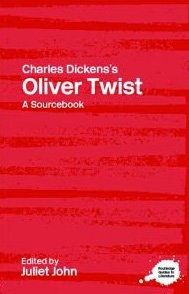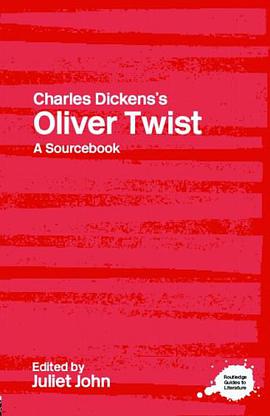

具体描述
Christ and Apollo, originally published in 1960, is a classic of literary criticism, a book that Commonweal once predicted "may well change the course of literary studies." It did not do that, of course. Its literary, philosophical, and theological presuppositions, as Glenn Arbery points out in his new introduction, were too different from those of the ruling theoretical paradigms for it to be given a hearing And that is precisely what makes it a volume worth returning to. In Christ and Apollo, William Lynch examines the Greek dramatists, Dante, Shakespeare, Proust, Camus, Graham Greene, and other writers in light of their affinities with two opposing tendencies. The symbol of the first approach is Apollo. For Lynch, this is the tendency to want to escape the finite, real world and the human condition of embodiment: it has much in common with what critic Allen Tate called the "angelic imagination." The symbol of the other tendency is Christ, the Word made flesh. Artists working in this tradition give readers a glimpse of the infinite by working patiently and honestly with the materials of the finite world, in all its messy imprecision. For Lynch, then, as Arbery points out, limitation, or finitude, is the great human good. Praised by Flannery O'Connor, among others, Lynch's sophisticated work is in many ways an important elaboration of the New Criticism, avoiding that school of thought's formalist excesses while providing it with firmer philosophical ground. For anyone interested in understanding what distinguishes great literature, Christ and Apollo is an essential text.
作者简介
目录信息
读后感
评分
评分
评分
评分
用户评价
相关图书
本站所有内容均为互联网搜索引擎提供的公开搜索信息,本站不存储任何数据与内容,任何内容与数据均与本站无关,如有需要请联系相关搜索引擎包括但不限于百度,google,bing,sogou 等
© 2026 book.wenda123.org All Rights Reserved. 图书目录大全 版权所有




















